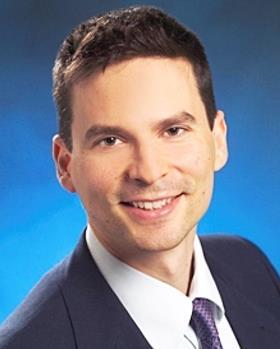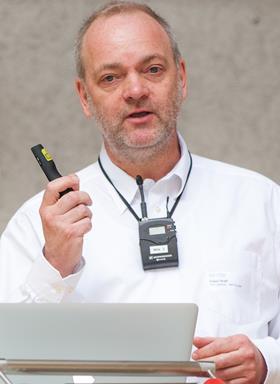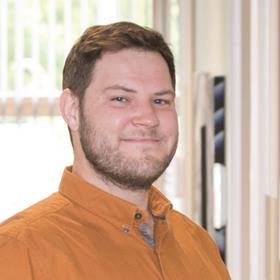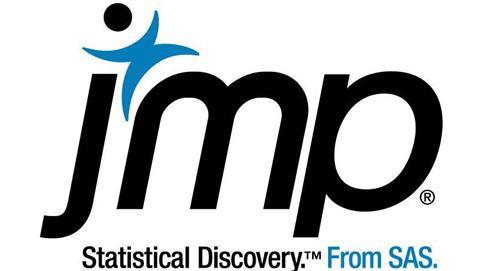Deep learning, big data and artificial intelligence: these are the buzzwords that we now encounter on a daily basis, both in industry and in academia. Traditional degree programmes for engineers and scientists include one or two introductory classes in statistics. Should we now replace them with deep learning and artificial intelligence?
The successes of some deep learning algorithms are undisputed, but their applicability is also limited. After a brief introduction to deep learning, we illustrate current problems and limitations of this technology. We then show a few advanced techniques from statistical modelling that engineers and scientists should have in their toolbox – even in times of AI!
During this webinar you will:
- Get a quick overview of deep learning, its applications and limitations
- See some advanced statistical modeling techniques
- Discuss if we need to replace traditional statistics classes in university programmes

Speaker: David Meintrup, Ingolstadt University of Applied Science

Speaker: Volker Kraft, JMP academic ambassador, Europe
Volker Kraft is senior academic ambassador at JMP. With a background in electrical engineering, Kraft has long used statistical methods to study psychoacoustics and speech communication, later applying analytics to customer advocacy in telecommunications for Vodafone and Voxeo.

Moderator: Benjamin Valsler, digital editor, Chemistry World

JMP has been a part of SAS since the first version of JMP statistical discovery software was launched in 1989, bringing interactive data visualisation and analysis to the desktop. SAS is the leader in business analytics software and services, and the largest independent vendor in the business intelligence market. Through innovative solutions, SAS helps customers at more than 60,000 sites improve performance and deliver value by making better decisions faster. Since 1976 SAS has been giving customers around the world THE POWER TO KNOW®.















